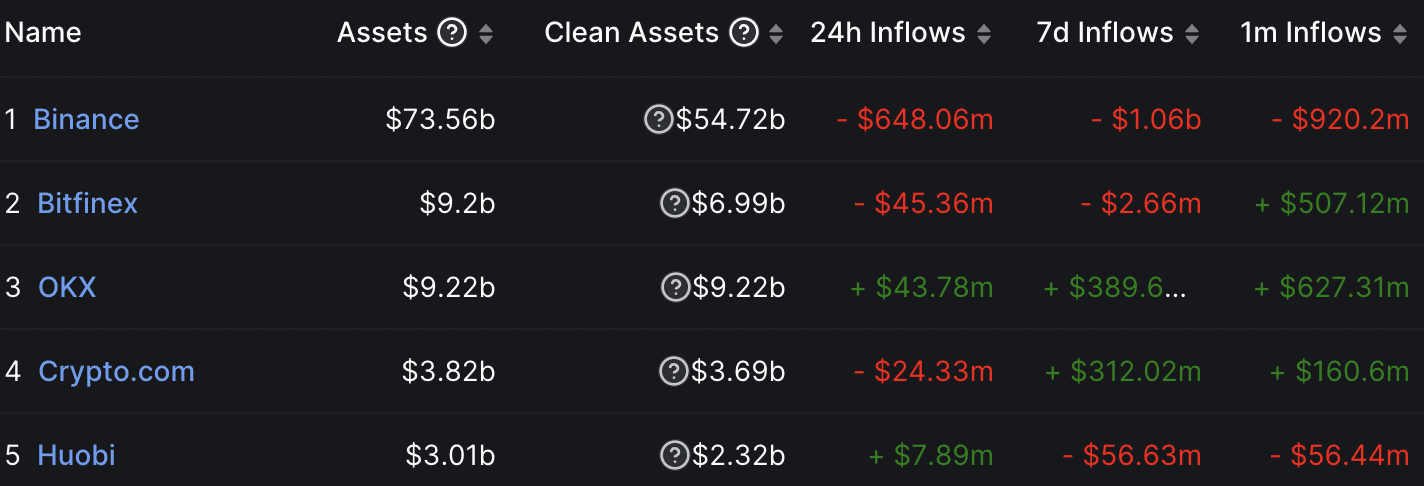Binance’s CZ responds to ‘unexpected’ CFTC accusations

Just after CFTC accused Binance of wilful evasion of federal rules and of running an unlawful digital asset derivatives exchange, its CEO Changpeng Zhao (CZ) fired back at the regulator.
The Commodity Futures Trading Commission (CFTC) alleges that Binance has purposely avoided regulation by barring customers from the United States based on their nationality and IP address.
In response to the allegations, Binance’s CEO CZ said that the CFTC’s complaint includes an inadequate recital of facts. He also emphasized Binance’s commitment to openness and compliance with global regulators and law enforcement.
CZ claimed that Binance has one of the industry’s strictest know-your-customer (KYC) and anti-money-laundering (AML) policies. He highlighted the exchange’s transparency and willingness to work with law enforcement authorities worldwide.
For instance, there are presently around 750 employees working in compliance at Binance. Thus far in 2023, Binance has helped US law enforcement agencies freeze or seize $160 million in cash, up from $125 million in 2022.
CZ also asserts that Binance does not engage in market manipulation or speculative trading. For example, there is a no-day-trading rule for staff that lasts 90 days, a ban on employees dealing in futures, and a ban on employees who have access to sensitive information from buying or selling currencies on the exchange.
CZ has also indicated that he rigorously adheres to these standards and has never participated in Binance Launchpad, Earn, Margin, or Futures. Instead, he focused on establishing a reliable platform for Binance’s customers.
CFTC impacts Binance’s trading volumes
Following the accusations, Binance recorded $648 million in outflows within 24 hours as of writing, showing some amount of FUD developing amid the development, according to data provided by DefiLlama.

As the lawsuit against Binance progresses, whether or not the exchange can appease the CFTC’s worries will determine whether or not it can stay operational in the United States.

















